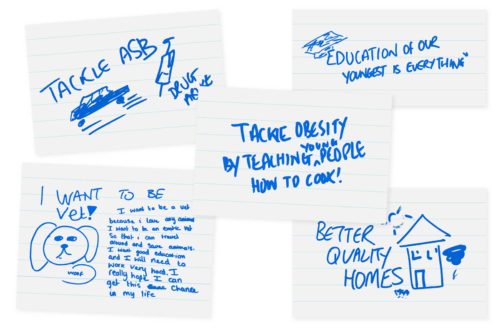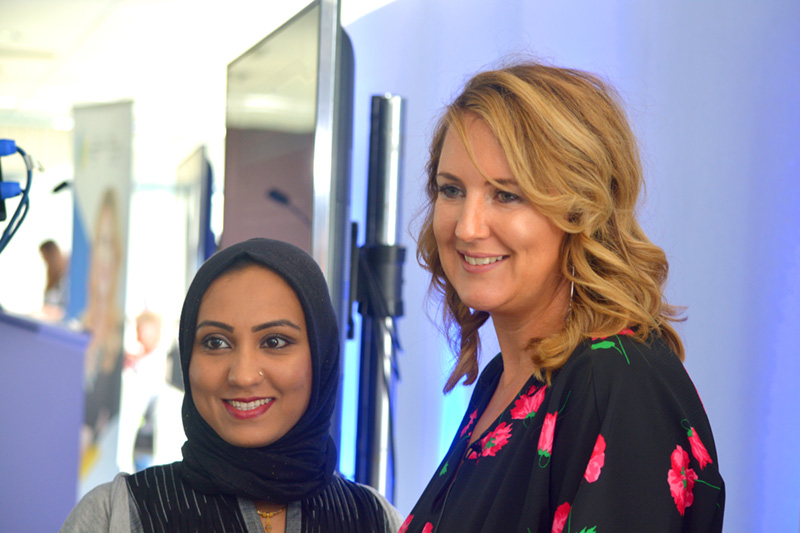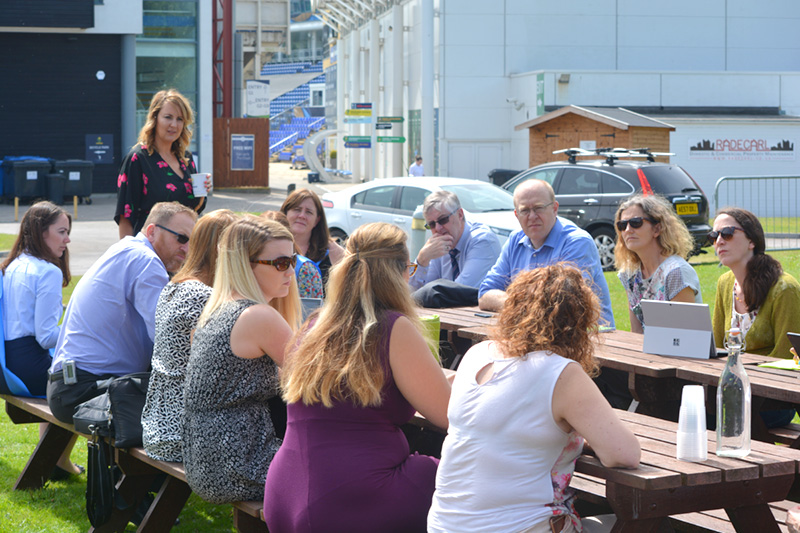Well-being in Wales: planning today for a better tomorrow
The first major task for the Public Services Boards has been to develop a picture of economic, social, environmental and cultural well-being for their communities – for now and for what it might look like in the future.
‘Well-being in Wales: Planning: Planning today for a better tomorrow’ report highlights the challenges and opportunities for the future, driven by the need to change the way we deliver public services in Wales following the publication of well-being assessments published by the 19 Public Services Boards across Wales.
Working in partnership with Cardiff University, Netherwood Sustainable Futures and Mark Lang Consulting, a review of Public Services Boards first draft well-being assessments was undertaken to identify areas where good progress was being made in applying the Five Ways of Working in the Act and addressing the key challenges and opportunities going forward.
You can read the Future Generations Commissioner for Wales’ individual feedback to each of the 19 Public Services Boards draft well-being assessments below:-
- Blaenau Gwent 2017
- Bridgend 2017
- Caerphilly 2017
- Cardiff 2017
- Carmarthenshire 2017
- Ceredigion 2017
- Conwy and Denbighshire 2017
- Cwm Taf 2017
- Flintshire 2017
- Gwynedd and Môn 2017
- Monmouthshire 2017
- Neath Port Talbot 2017
- Newport 2017
- Pembrokeshire 2017
- Powys 2017
- Swansea 2017
- Torfaen 2017
- Vale of Glamorgan 2017
- Wrexham 2017
The Commissioner sees these assessments as the first indicator of their readiness to challenge business as usual and embrace new ways of working.
A report – ‘Well-being in Wales: Planning today for a better tomorrow’ – contains 17 recommendations on the key areas of change needed for the public sector to make better decisions for future generations.

"The creation of Public Services Boards brings one of the biggest opportunities for the public sector in Wales to deliver services that are rooted in the reality of people's lives and that will benefit the well-being of future generations. This will require all those in positions of leadership to play their part in helping to drive the changes needed."
Sophie Howe | Future Generations Commissioner for Wales
The key findings are:
Public Services Boards are to be congratulated for the positive approach taken to completing the assessments. They have taken an important first step in the right direction but the work highlights the real challenges ahead.
Active leadership will continue to be important. There is a need for a clearer demonstration of the willingness to do things differently. PSB members must make sure assessments are an opportunity to embed intelligence-led problem-solving on an on-going basis.
More work is needed to build a better understanding of people’s lives. The assessments showed clear effort but more needs to be done to move to an on-going conversation about the future, to draw on the information held by partners and day-to-day intelligence gathered by services working at the heart of communities.
The assessments highlight a number of alarming trends. PSBs need equipping with the skills, resources and expertise to better understand future trends, the needs of future generations and how to respond to these.
We need to dig deeper into data. The assessments should not just be a collection of data, they should be an opportunity to make connections between key issues and ask ‘so what’ is the result of the data. The understanding and skills to do this across organisations is limited and needs to be further developed.
Issues are often still being tackled in isolation. PSBs need to demonstrate a broader understanding of well-being – rooted in all seven well-being goals and recognising the connections between issues.

The report is the result of the Commissioner’s work with a range of people including a partnership with Netherwood Sustainable Futures, Cardiff University and Mark Lang Consulting to provide insight into how Public Services Boards have approached the assessments. This helped the Commissioner provide individual feedback to all of the 19 Public Services Boards on their assessments which was informed by an independent report.
Public Services Boards members together with representatives from across the public sector and people who came to share their real life experiences, gathered at an “unconference” hosted by the Commissioner to explore the issues raised in the report.
